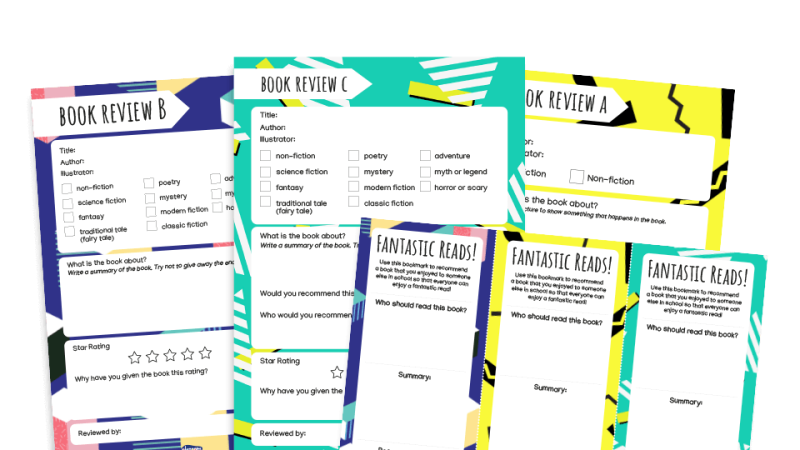Help Children Write Grammatically Accurate, Creative Stories – Without Teaching To The Test

The GaPS test may be useless, but don’t let it strip the creativity from your lessons. Teaching grammar is essential to the art of good story telling…

One thing we have heard more than almost anything else over the last academic year is that the current English curriculum, and the new assessment processes for Years 2 and 6, have taken the joy and creativity out of writing.
There can surely be no doubt that the 2016 SATs were horrible; there was the terrible feeling of approaching high-stakes testing and assessment with little sense of what the process was going to be like, and precious little help from a central body that seemed often to be barely one step ahead of the rest of us. But neither this, nor the mess that is the Interim Teacher Assessment Frameworks – and certainly not the Programmes of Study – require a rejection of creativity.
Now, with that dreadful first year of the new assessments out of the way, we can catch our breath and take stock. This is our chance to look at what the curriculum really says, think about ways of achieving the ITAF requirements, and how we can make the most of the situation and enable children to love and master writing.
The introduction to the Writing PoS states clearly that the learning of grammar is not meant to stifle creativity – a point we have taken to heart with our approach. The school in which we spend the most time (due in large part to it being situated in an area of high deprivation) has this year produced the most grammatically-accurate, best-spelled and most creative writing in Y6 we have seen – at this setting – in over 10 years. Of course, the shifting goalposts of assessment do not reflect this (in percentage terms the results have dropped, and this is, frankly, reprehensible), but there is no doubt that the rigorous teaching of grammatical accuracy has combined rather well with more imaginative, inventive work. So perhaps we need to have another look at what we mean by ‘creativity’.
Learning the steps
In very many of the creative arts, a huge focus is placed on skill-learning and practice. Think of music, fine art, and dance. Of course, we can have a go at each of these without any technical skill, and be creative… but few of us would produce really brilliant outcomes. A great art teacher will not just inspire children; she’ll teach them tonal techniques, how to use perspective, and how to mix and master colour. Look at the rigours of dance classes, and the hours of practice required to make the movements part of the ‘natural’ repertoire. And even those advanced musicians who have never learned to read music will have practised skills over and over again.
This last example is useful when we look at advanced writers in a primary school: the ones so frequently described as ‘natural’ writers. They just seem to know how to compose; it flows from them… and they certainly don’t need to be shown how to construct different types of sentences. However, they weren’t born speaking in perfect prose, nor with a headful of stories; these things have been acquired through experience – lucky experiences – and are then reproduced, combined, mashed-together and reinvented. Just like the brilliant musician who can’t read music.
Perhaps, if we could have all parents reading stories to their babies and toddlers, and continuing with bedtime stories well into KS2, and if those children went on to love stories enough to turn off a game or a film and read for themselves, then there would be a greatly reduced need for the teaching of grammar, because they would have a very strong sense of what ‘sounds right’. But these aren’t the children with whom we do most of our work. And even those lucky ones who do have this feel for language and writing can be helped with pointers when there is shared language about language. Just as you might say, “Try using a metaphor there instead,” you might also say, “Try placing that subordinate after the main clause instead, to increase the pace,” or “Try varying your modals to get that sense of uncertainty.”
Don’t teach to the test
We want to be clear here: we think the grammar and punctuation tests are largely useless, and it is unfortunate they exist. Grammar for control over spoken and written language, however, can be extremely effective. How can you reach the heights of creativity if you lack the skills with which to express yourself?











